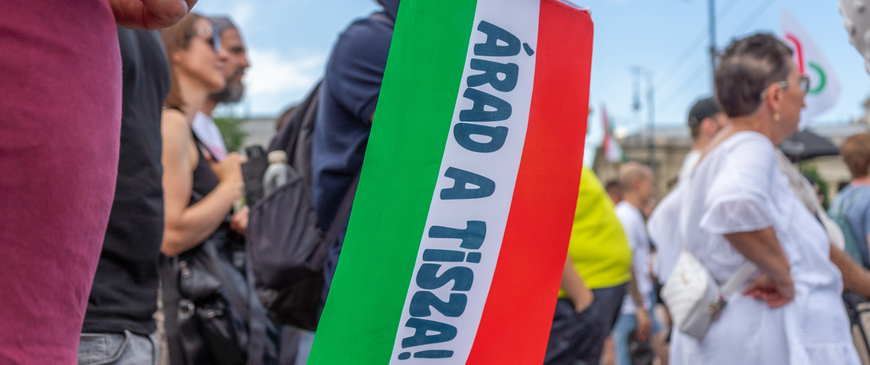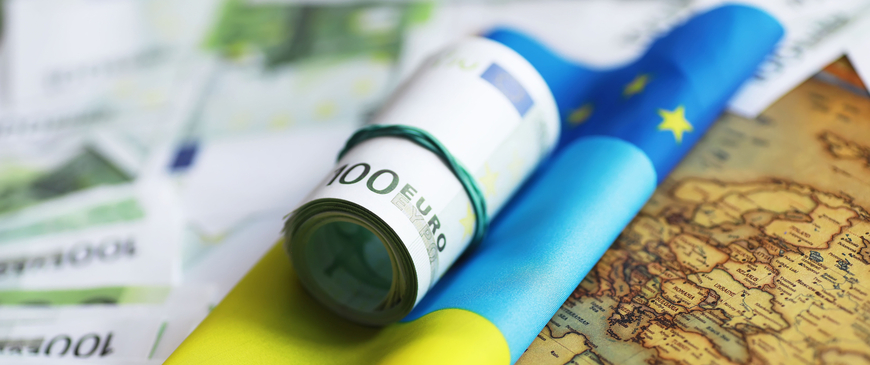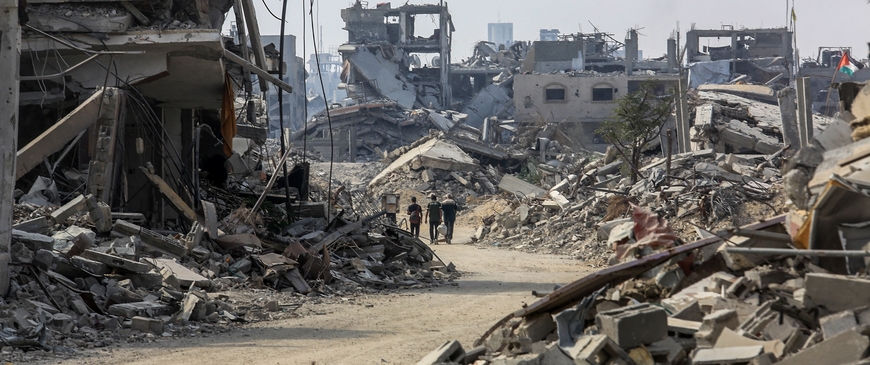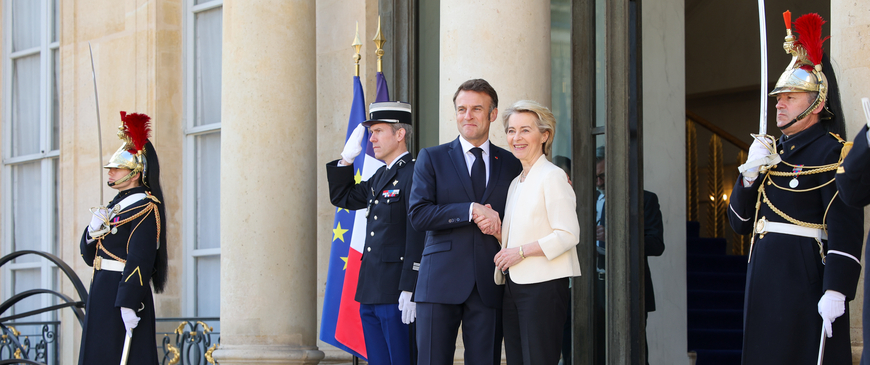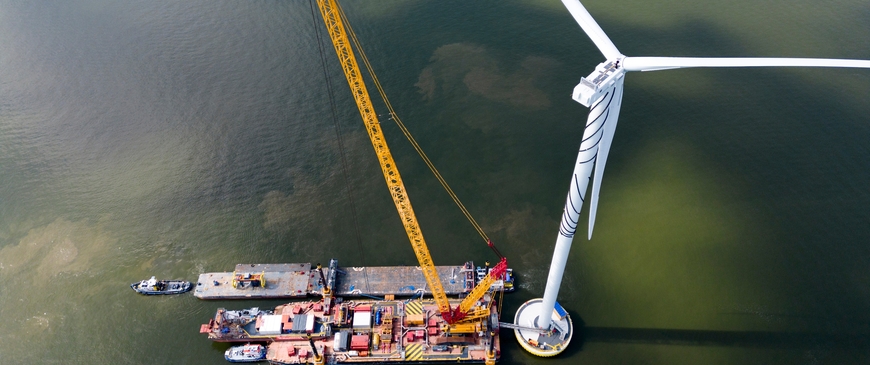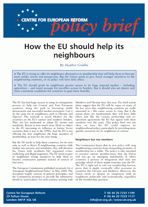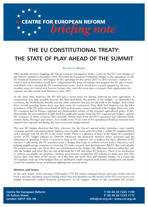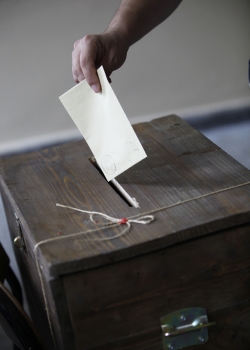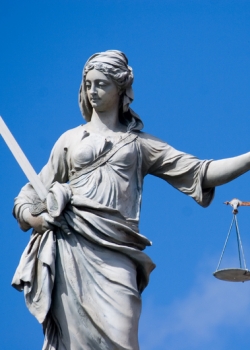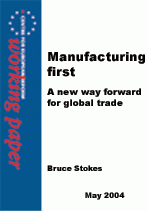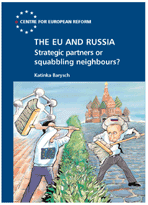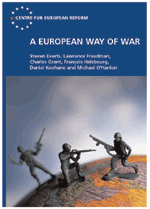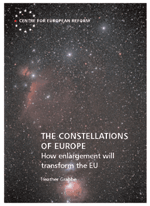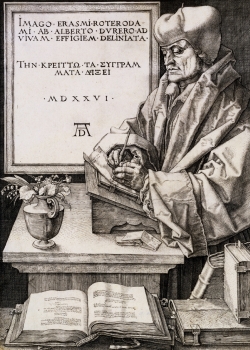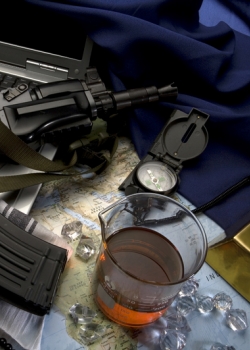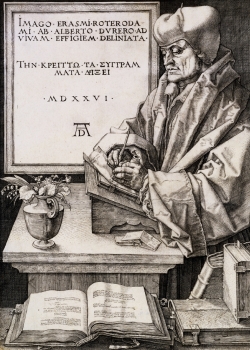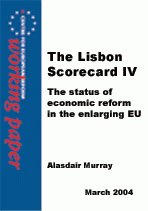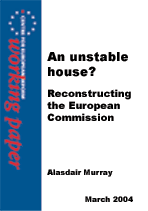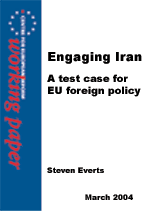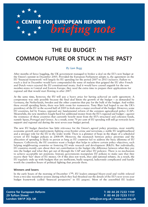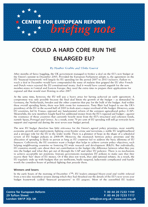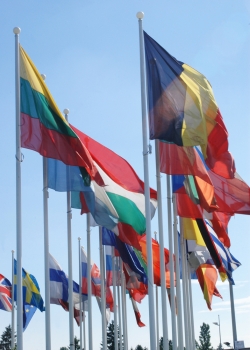Research
How the EU should help its neighbours
04 June 2004
The EU has had huge success in using its enlargement process to help ten Central and East European countries along the path to becoming stable democracies and successful market economies. Can it do the same for its neighbours, such as Ukraine and Algeria?
The EU constitutional treaty: The state of play ahead of the summit
03 June 2004
European leaders gather in Brussels on 17-19 June 2004 for a 'make or break' summit on the EU's new constitutional treaty. The last time they tried, at the EU summit in December 2003, they failed to agree on the details of the document.
If Britain votes no ...
01 June 2004
Some people claim to know what will happen if a British referendum defeats the European constitutional treaty. Michael Howard, the Conservative leader, points out that the treaty cannot enter into force unless it is ratified by every member-state.
Where are the Eastern hordes?
01 June 2004
Readers of best-selling British newspapers must have the strong impression that the EU's eastward enlargement is primarily about migration.
Who's afraid of the charter of rights?
01 June 2004
Many people in Britain dislike the EU's new constitutional treaty. Some business leaders and journalists even claim that the charter of fundamental rights - seemingly the most harmless part of the new treaty - will have serious and sinister consequences. They predict that the charter will lead to huge numbers...
Issue 36 - 2004
28 May 2004
- Where are the Eastern hordes?, Heather Grabbe
- Who's afraid of the charter of rights?, Mónica Roma
- If Britain votes no ..., Charles Grant
Manufacturing first: A new way forward for global trade
07 May 2004
Global trade negotiations inside the WTO remain stalled. Recently, negotiators have talked up the prospects for progress in the 'Doha development round' – but no one is expecting an imminent breakthrough.
The EU and Russia: Strategic partners or squabbling neighbours?
03 May 2004
The EU and Russia share a multitude of interests and objectives. The EU is Russia's biggest export market, while Russia is a crucial supplier of energy to the Union. However, as Katinka Barysch explains, the two sides often squabble.
A European way of war
03 May 2004
The Europeans should develop their own distinctive approach to warfare, argue the authors of this report. Although the Europeans can learn from the Americans on how to prepare for the most demanding sorts of military mission, they should build on their core strengths of peacekeeping, nation-building and counter-insurgency.
The constellations of Europe: How enlargement will transform the EU
02 April 2004
Eastward enlargement will change the EU far more than its current members expect. Heather Grabbe plots the new members' positions in the emerging constellations of Europe - on the new constitution, the EU's budget, economic and regulatory policies, border controls, defence and the EU's role in the world.
Raising the quality of Europe's higher education
01 April 2004
European universities are in urgent need of reform. They have a crucial role to play in helping the EU to achieve its goal of becoming the 'most competitive knowledge-based economy in the world'.
A European public prosecutor would be a dangerous distraction
01 April 2004
One of the EU's greatest achievements is the abolition of internal border controls, which allow its citizens to move freely from one member-state to another.
Serbia and the EU
01 April 2004
Five years ago, NATO bombed Serbia and killed around 500 civilians. Today, Slobodan Milosevic and Vojislav Seselj (the leader of the ultra-nationalist Radicals) are in custody in The Hague while a convinced democrat, Vojislav Kostunica, is prime minister.
Issue 35 - 2004
26 March 2004
- Raising the quality of Europe's higher education, Richard Lambert
- A European public prosecutor would be a dangerous distraction, Mónica Roma
- Serbia and the EU, Charles Grant
The Lisbon scorecard IV: The status of economic reform in the enlarging EU
05 March 2004
With cynicism, even derision – this is how many Europeans look at the EU's key economic target, namely to become the "most competitive and dynamic, knowledge-based economy in the world" by 2010.
An unstable house? Reconstructing the European Commission
05 March 2004
For fifty years, the Commission has not only overseen the EU's day-to-day functioning, it has also often led the debate on the Union's direction and future. However, over the last decade or so, the Commission has lost much of its credibility.
Engaging Iran: A test case for EU foreign policy
05 March 2004
After the Iraq debacle, the EU badly needs a foreign policy success. Steven Everts argues that Europe's strategy of 'conditional engagement' has produced some modest results.
The EU budget: Common future or stuck in the past?
06 February 2004
The EU's common budget is small and rather rigid. Most of its outlays are determined years in advance, and most of them go on just two policies, namely support for farmers and poorer regions. Yet the EU budget invariably attracts acrimonious debate and close scrutiny out of all proportion to its economic significance.
Could a hard core run the enlarged EU?
06 February 2004
The leaders of France, Germany and the UK meet in Berlin on 18 February 2004 to try to forge a joint agenda for the EU. The summit is partly aimed at a rapprochement between the 'Big Three' after Iraq.
Jobs for the boys
02 February 2004
Last year may have been an annus horribilis for the EU, but 2004 looks set to be just as divisive. In between negotiating a new EU budget and a possible starting date for Turkey's accession negotiations, EU leaders have to choose a new Commission president.

